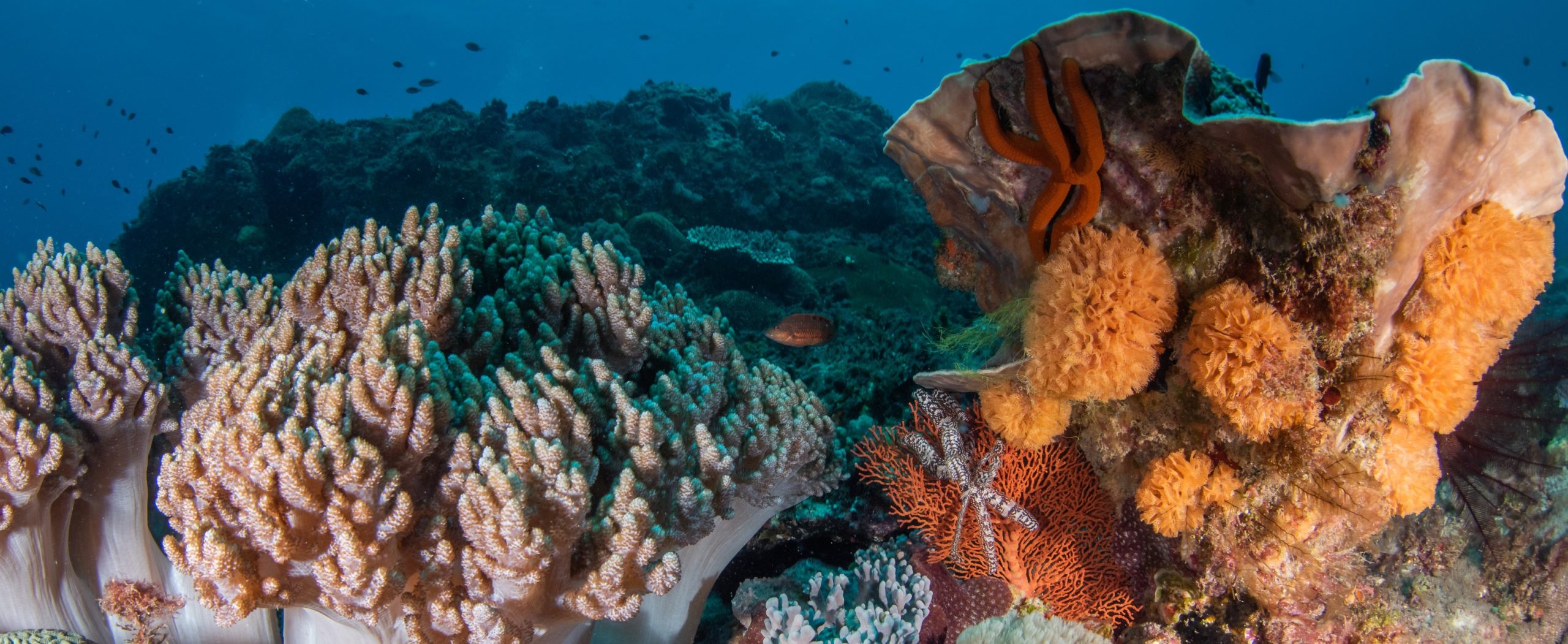Herbivorous fishes play important roles on coral reefs, acting as key trophic conduits of primary productivity. Whilst these roles are widely appreciated on tropical reefs, the relative contribution of fishes which inhabit marginal reefs, such as Prionurus surgeonfishes, is not well understood. Here, we examine the extent to which herbivorous fish productivity varies amongst global ecoregions, specifically considering the relative contribution of Prionurus. We also compare the productivity of Prionurus to that of other herbivorous fishes in relation to water temperatures. Our analysis revealed that the Eastern Galápagos Islands support the highest levels of herbivorous fish productivity recorded to date, with Prionurus laticlavius accounting for over 94% of that productivity. Moreover, Prionurus productivity peaked at relatively cool water temperatures (~ 22–25 °C), although patterns were driven by P. laticlavius. These results highlight the exceptional herbivorous fish productivity in the Eastern Galápagos Islands and the disproportionate contribution of P. laticlavius in this locality.
